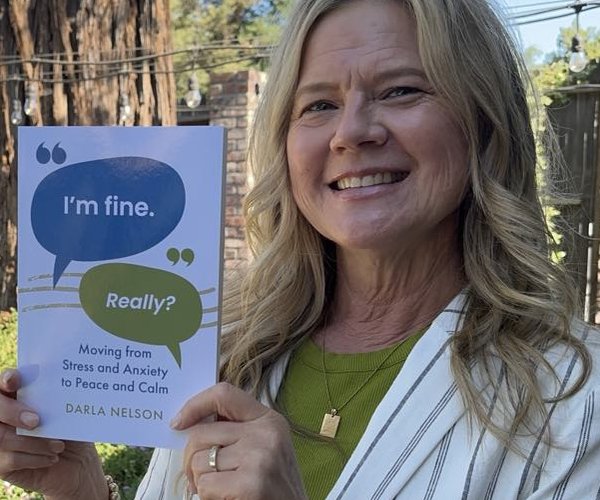Manteca’s neighborhoods are going under the microscope of demographers in a bid to insulate the city against a California Voting Rights Act lawsuit.The City Council this week took steps to determine whether there are concentrations of minorities clustered in defined neighborhoods that would trigger a successful lawsuit to force district council elections based on ethnicity make-up. A lawsuit could end up costing Manteca taxpayers millions of dollars.The council on a 4-1 vote with Richard Silverman dissenting directed staff to ask the University of Pacific regional center’s graduate students to analyze census tracts within the city to determine their ethnic makeup. That information would be used to demonstrate one way or another if minorities are under represented on the council using neighborhoods as a measuring stick.Silverman wasn’t against the research being done.
Manteca looks to avoid costly lawsuit
Latest









